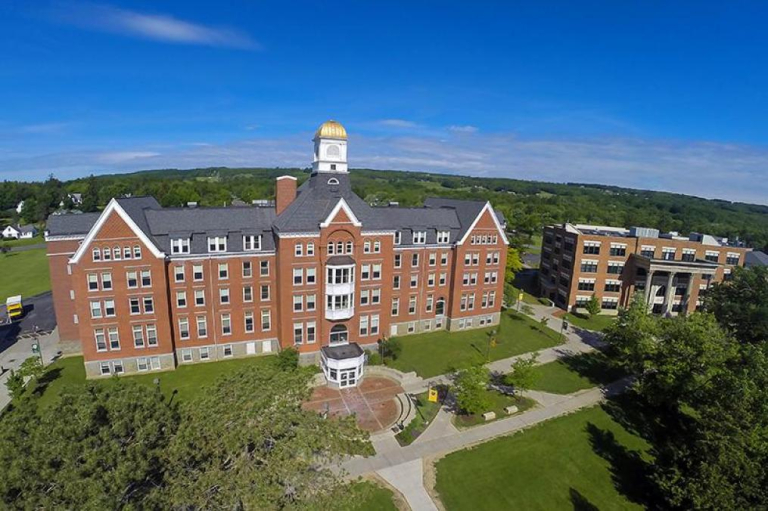How to Choose a College or University
Choosing a college or university to attend is an enormously impactful decision that can shape your future. Making an informed decision can help you avoid having to transfer schools later for avoidable reasons. Here are key factors to consider.
Academic Programs
-
Majors and minors. Naturally, it’s important to look for schools that offer programs aligned with your career goals. Research their reputation in specific fields.
-
Accreditation. Ensure the institution is accredited, which guarantees that it meets educational quality standards.
Location
-
Proximity to home. Consider how far you want to be from home. Being close may give you easier access to more support from your family or friends, while being far can help you develop independence more quickly and thoroughly.
-
Urban vs. rural. Think about whether you prefer a bustling city environment or a quieter, more rural setting, as this can affect your overall college experience.
Cost and Financial Aid
-
Tuition and fees. Understand the total cost of attendance, including tuition, housing, and other fees. Compare costs between traditional four-year institutions, but also consider whether starting out at a community college might be a good choice for you.
-
Financial aid options. Look into scholarships, grants, and work-study programs. A school with generous financial aid packages can significantly reduce your financial burden.
Reputation and Rankings
-
National vs. regional rankings. Research the institution’s overall ranking and reputation. While rankings aren't everything, they can offer insight into the school's quality.
-
Alumni success. Investigate the success of alumni in your chosen field to gauge how well the institution prepares students for careers.
Campus Facilities and Resources
-
Libraries and labs. Assess the quality and availability of libraries, laboratories, and study spaces. The best way to do this is by taking a tour of campus.
-
Support services. Check if the school offers academic advising, counseling, and career services to help you succeed. Most do, but again, the quality of these can make a significant difference in your academic and career success.
Campus Culture
-
Diversity and inclusion. Investigate the campus culture, how diverse the student body is, and how inclusive the environment is for various groups.
-
Clubs and activities. Explore available extracurricular activities, clubs, and organizations that align with your interests and can enrich your college life.
Size
-
Student population. Larger universities may offer more resources and opportunities, while smaller colleges often provide a more personalized education.
-
Class sizes. Consider the student-to-faculty ratio, as smaller classes can lead to more interaction and support from professors. Keep in mind that core curriculum class sizes can be quite large, but the courses specific to your major don’t have to be.
Get Help Choosing a College With On Point for College
On Point for College helps traditional and nontraditional students in the Central New York region overcome the barriers to higher education and careers. We support our students from application through graduation and beyond, empowering them to fulfill their dreams and achieve their potential, which ultimately benefits both individuals and the community.
Our Education Services team provides a range of services designed to help On Point students and graduates find the right college or university for them. Join us to get comprehensive assistance with your college experience, including guidance on choosing a college or university. Contact us today to learn how!
Ready to become part of On Point for College? Fill out our new student interest form.

